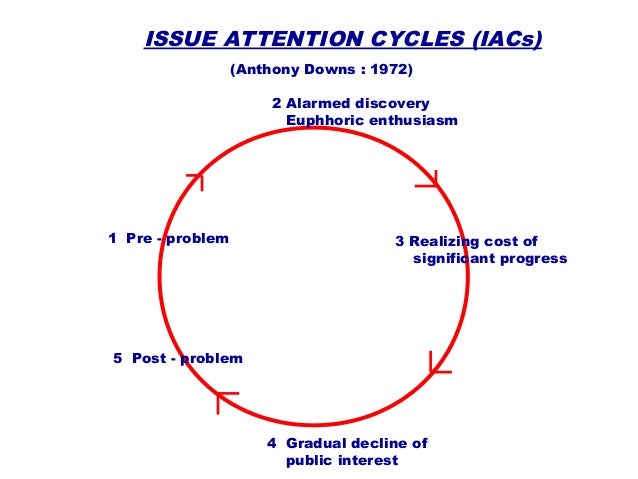In class we discussed the politics of franchisees. I just received this email:
--------------------------
November 19, 2018
The Honorable Xavier Becerra
Attorney General
1300 “I” Street
Sacramento, CA 95814-2919
Dear Attorney General Becerra:
We, the undersigned, are writing to call your attention to predatory business practices by 7-Eleven Inc. (SEI) during its franchisee contract negotiations that will negatively impact thousands of California small business operators and may be in violation of California State Law. We urge you to investigate these oppressive business practices.
The new SEI-issued agreement would force franchisees into an unbalanced contract that would gouge store operators and eliminate a fair and cost-balanced equity in profits. If franchisees, including many who have several years remaining on their existing contracts, do not sign these contracts by December 31st, they will receive contracts with even harsher terms.
The National Coalition of Associations of 7-Eleven Franchisees (NCASEF,) an independent trade association for 7-Eleven franchisees who work to improve business opportunities and practices for all members of Franchise Owner Associations (FOA) in each state, notes five primary abuses of California State Law in the new agreement that collectively render the agreement an unconscionable contract. Those include:
- Imposing a new policy requiring all franchisee disputes to be brought before Texas courts rather than in the state where the franchisee is located in order to deprive California franchisees of important protections from the California Franchise Relations Act and Anti Waiver Law, Code 20010, Code 31512, Code 20040.5.
- Violating California Civil Jury Instruction 325 by incorporating the so-called business judgement rule and is designed to obliterate the implied covenant of good faith and fair dealing.
- Violating California Civil Code §1670.5 by forcing California franchisees to waive their rights to a covenant of good faith and fair dealing; thus deeming the agreement as “overly harsh,” “unduly oppressive,” and “unfairly one-sided.”
- Requiring franchisees to sign a waiver for their rights under wage and hour litigation that is now pending at the Ninth Circuit Court of Appeals.
- Reports of threats from many franchisees, including those whose contract will expire in several years, to sign the agreement before the end of the year in order to avoid penalties including a greater gross profit split in favor of SEI.
Local 7-Eleven franchisees are hard-working small business operators, many of whom became part of the 7-Eleven Inc. family to provide for their families and pursue the American Dream. That dream is now being jeopardized by 7-Eleven’s attempt to dramatically increase their profit margins on the backs of hard-working small business operators.
We, franchisee operators from the food service, delivery services, cosmetology, service station, and other industries, respectfully urge you to investigate this matter. We are concerned that, if left unchecked, the egregious contracting and predatory business practices employed by 7-Eleven Inc. as part of their contract negotiations could have far-reaching negative implications for the entire franchise business community.
Thank you for your consideration. Should you have questions, please feel free to contact Jaspreet Dhillon, NCASEF representative, at (310) 892-2106.
Sincerely,
Jaspreet Dhillon
Treasurer
National Coalition of Associations of 7-Eleven Franchisees (NCASEF)
Tad Mollnhauer
Executive Director
National TUPSSO Franchise Owners Association (TUPSSFOA)
Gary Robins
Vice-Chairman
Supercuts Franchisee Association (SFA)
Edwin Shanahan
Executive Director
Dunkin’ Donuts Independent Franchise Owners, Inc. (DDIFO)
Keith Miller
Subway Franchisee Owner
Past Chairman, Coalition of Franchisee Associations (CFA)
Todd Messer
Executive Director
Independent Organization of Little Caesars Franchisees, Inc. (IOLCF)
Ali Mazarei
Vice President
Service Station Franchise Association, Inc. (SSFA)
John Motta
Chairman
Coalition of Franchisee Associations (CFA)
Coalition of Franchisee Associations, Inc. represents more than 41,000 franchise owners and brings together 17 of the largest and most reputable independent franchisee associations from across the country. As the only trade association dedicated to franchisees, CFA is committed to protecting the integrity of franchising and preserving the value of franchised businesses.





